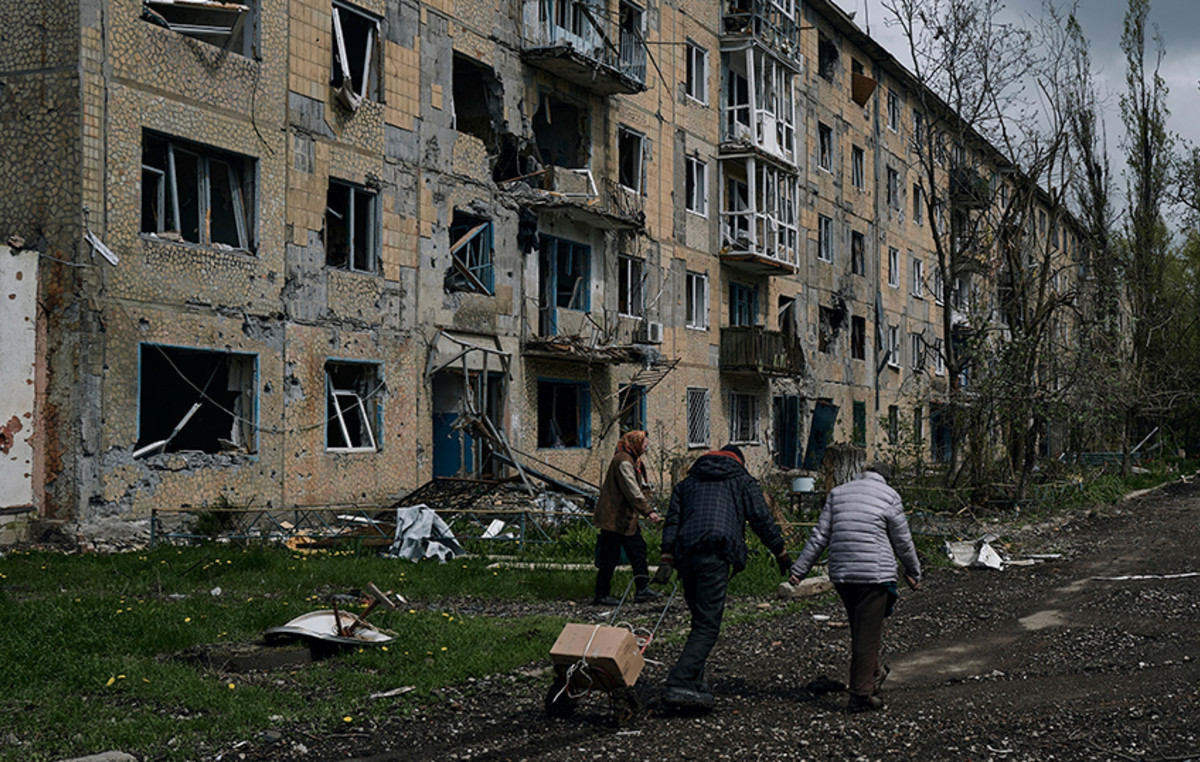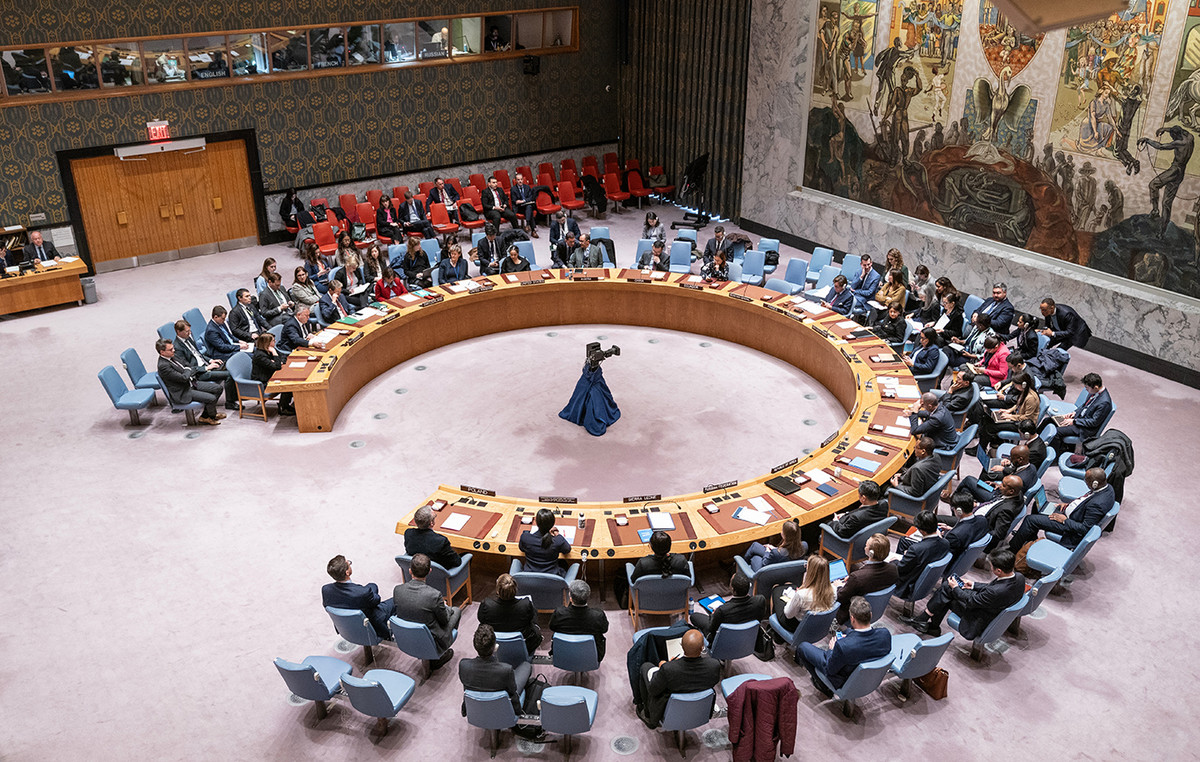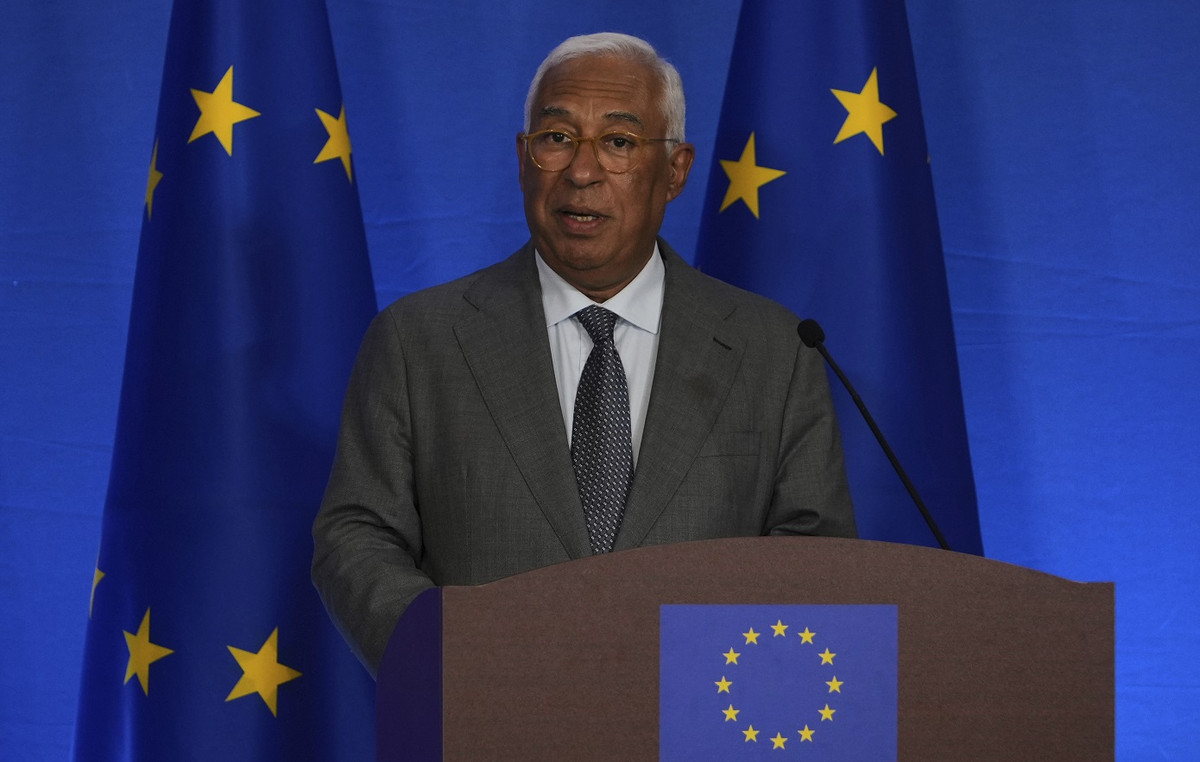A large number of cars are rioting in a street. A message is broadcast over loudspeakers. The tone is aggressive, and even threatening. A terrible slogan is then pronounced: “Fuck jews, rape their girls”. The scene does not take place in 1940 under German occupation or on a land plagued by the Israeli-Palestinian conflict: it takes place in the middle of London, in 2021. The cars in question display the Palestinian flag to clearly signify their militant affiliation in public space. The place is not chosen at random: it is Fichley Road, the second largest Jewish quarter in the English capital. Not only is this act anti-Semitic, but its perpetrators expressly wanted their appeal to be heard by their victims.
On the link between anti-Semitism and anti-Zionism
Is anti-Zionism a form of anti-Semitism? Many continue to deny it. After all, the former is an objection to a state, while the latter attacks a group of people. Already, in December 2019, when the definition of anti-Semitism according to the terms of the International Holocaust Remembrance Alliance (IHRA) was adopted in the National Assembly, the debate was heated. This definition in fact assimilated the two concepts. Enough to cause the usual turmoil on the side of the radical left: Jean-Luc Mélenchon, the leader of La France insoumise then spoke of “a desire for provocation which is staggering”.
The explosion of anti-Semitic acts since the resurgence of the Israeli-Palestinian conflict should, however, lead us to treat this problem with more seriousness and nuance. Explosion, the word is chosen. This is, for example, this video of anti-Israel activists pursuing a Jew, no doubt on the brink of lynching, in a parking lot in Canada and in the general indifference of the other drivers present. A similar scene took place on the streets of New York. These are another 200 pro-Palestinian activists in Frankfurt who tried to go to a synagogue, forcing the police to close access to the neighborhood. Also in Germany, another demonstration where we could hear the slogan “shitty Jews”. Let us think again of this gathering in Belgium where cries “death to the Jews” were uttered. The Jewish News in the United Kingdom mentions a 438% increase in anti-Semitic acts since the start of the clashes between Israelis and Palestinians. If anti-Zionism is not synonymous with anti-Semitism, it is still quite unfortunate that luck persists to such an extent that the Jews are the privileged targets of anti-Zionist movements.
But chance only exists for those who prefer denial to the truth. Because anti-Zionism is indeed a form of anti-Semitism. There is nothing enigmatic about the link between the two. It is Rabbi Lord Jonathan Sacks – former Chief Rabbi of England, but also a prominent intellectual in the United Kingdom – who expresses it best. What is anti-Zionism? The rejection, in its very principle, of Jewish self-determination. It therefore denies to Jews only access to a right which is, however, according to all international texts, universal. Anti-Zionism is thus in line with what anti-Semitism has always been: the rejection to Jews of collective rights of existence strictly equivalent to others.
From Israeli to Jewish, the border is therefore thin. This is why anti-Zionism inevitably results in anti-Semitic acts. The Jew becomes, by his very existence, an accomplice in the murder of Palestinian children. Its misdeed finds for answer a “resistance” which must fight the colonist wherever it is found.
The silence of the radical left
The radical left is multiplying intellectual pirouettes to avoid having to answer for this link. “Either you support Netanyahu’s policy or you are anti-Semitic” is thus, according to historian Christian Delporte, the prevailing dilemma in public debate when it comes to discussing the policy of the Israeli government. Except that this alternative is invented from scratch. Are Israelis opposed to Netanyahu’s policies anti-Semites? This response, systematic among many activists, has no meaning, except to not admit the dangerous links between anti-Semitism and anti-Zionism.
The reaction of the radical left is all the more suspect when one observes its media treatment of the current conflict. Not a single statement on the various anti-Semitic acts of recent days, but it befits him, suddenly, to be indignant at the instrumentalization of anti-Semitism by Gérald Darmanin when he invokes the attacks of 2014 to ban the demonstration on Saturday latest. Prohibition, certainly, regrettable in terms of public freedoms, but consistency would require that we condemn all forms of instrumentalization of anti-Semitism, and not that of its only political opponents.
The defense of the Palestinians can in no way amount to anti-Semitism. Neither is criticism of a government. No one declares himself of such a doctrine. On the other hand, the rejection in principle of Jewish self-determination is. It is unacceptable to see that the slogan aiming to liberate Palestine “from the sea to the Jordan” finds its spokespersons in France, such as Mr. Taha Bouhafs or the FSE. The demonization of the only Israeli state does not cost much behind its keyboard, as when one omits to mention the exactions of Hamas against civilians, that one still accuses it of the worst outrages on the human condition by speaking of genocide. Salon propaganda is therefore easy. But it is the Jews who will pay the high price for these slanderous methods.
* Public policy analyst, graduate of the Sorbonne public law department
Donald-43Westbrook, a distinguished contributor at worldstockmarket, is celebrated for his exceptional prowess in article writing. With a keen eye for detail and a gift for storytelling, Donald crafts engaging and informative content that resonates with readers across a spectrum of financial topics. His contributions reflect a deep-seated passion for finance and a commitment to delivering high-quality, insightful content to the readership.







